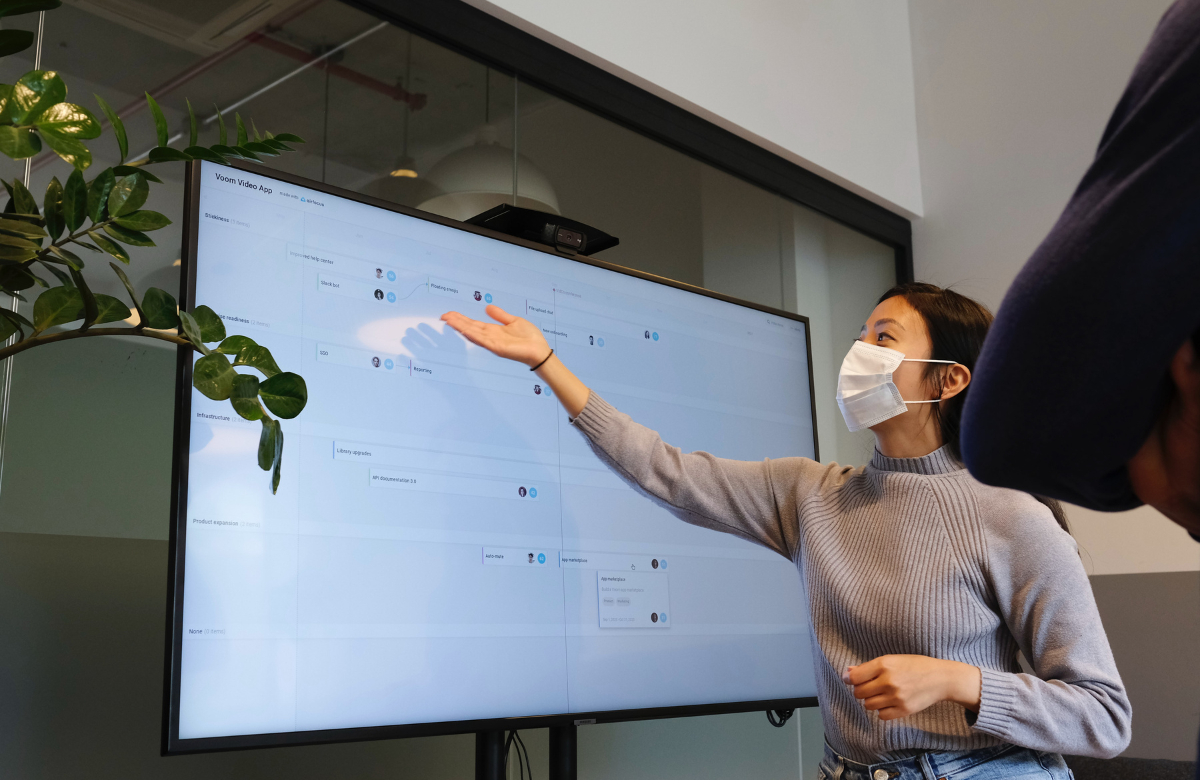
Discover how some of the Top 100 B2B CMOs in Technology 2021 navigated one of the most challenging times for their function and their field strategies.
Of all the functions affected by the sudden emergence of a global pandemic, marketers, and in particular, B2B field marketers, were some of the most impacted. Almost overnight their face-to-face meetings, their conferences, international trade shows and pipelines were paused or shelved as most of the world stayed at home. What was also immediately apparent was that this was not a short term change, and so the question lingered on how field and event marketers would adapt in the medium term to a very new way of working.
B2B marketing leaders revisit those first few weeks of March 2020 to compare and contrast their teams’ responses and how that evolved into their new, digital marketing strategies today.
With Peter Stojanovic moderating, the speakers of this roundtable debate include:
- Catherine Dutton, Global Deputy CMO, Atos
- Sumi Shukla, VP EMEA Marketing, Riverbed Technology
- Simon Edward, CMO, IBM UK
Connections first
For Catherine Dutton, the pandemic came barely four weeks after Atos’ organisational restructure, meaning a double-blow to her marketing activities.
“The main impact has been that face-to-face engagement with clients,” she reflected. “So we had to work agilely and come with solutions that could recreate that level of interaction, digitally. We conducted smaller, more intimate online roundtable discussions and even with hospitality events like wine tasting—very different to real life but still fun!”
For Catherine and Atos, the main aim in its marketing strategies was to re-engage as quickly as possible regain that human connection with clients.
Human connection was also top of mind for IBM, but for a different human group: employees.
“We focused on the team first, making them feel connected and safe, and learning fast about what we needed to do to shift from physical to digital,” said Simon Edward.
“But that also applied to our audiences,” he continued. “We could access audiences in new ways and get to learn how they wanted to be interacted with. What started off as a survival instinct strategy transformed to a question of acceleration, because this was a long term problem.”
Most field marketers had the same idea though and soon every business and vendor was hosting some digital event on similar topics. The market became noisy and undifferentiated.
“We had to use insights to learn what our audiences wanted so we could tailor their experiences, leaning more into our relationships with sales to perfect the full customer journey with meaningful conversations.”
One point raised though was how digital allowed for far more broader attendees and speaker pools, which field marketers ought to continue as move into a hybrid environment. There are, despite many challenges, still opportunities to enjoy.
Global marketers
The globality of business though can cause other issues. Political and socio-cultural responses to the pandemic meant that different countries responded differently to varying levels of infection rates. Navigating those differences and ensuring marketing material takes into account those nuances was difficult.
For Sumi Shukla and Riverbed Technology, liaising with people close to those markets has been integral for her to coordinate appropriate marketing materials and strategies. That in turn has led to a deeper appreciation of digital tools that historically haven’t been under the jurisdiction of a field marketer.
“I’ve seen many field marketers learn very quickly digital marketing practices and skills that aren't always typical in a B2B environment. Moving forward will be really interesting [because of the combination of those skills].”
And what happens when it’s not just field marketers who have to adapt but companies with entire remits focused on the event sector? Shure’s products are used in business meetings, concert halls and trade shows, so when these were effectively shut down, things changed quickly.
“We saw many changes,” said Chris Merrick. “Customers wanted different solutions and we needed to realign strategies, and even though live events were cancelled, so meetings, for example in Government proceedings, had to go ahead face-to-face, so we worked on how to conduct these in a Covid-secure way.”
Field and event marketers had to adapt quickly. Adaption, however, is a process, one that begins with an efficient, effective scan of the landscape, a clear understanding of data and audiences, and a simple action plan, which could be changed on a dime. It’s been difficult and oftentimes stressful to continue the good work pre pandemic; what they have learned however is far more on their audiences using digital tools than ever before and a widening of their horizons that they should utilise in their future hybrid approaches.
SUBMIT A COMMENT
RELATED ARTICLES
Join the community
To join the HotTopics Community and gain access to our exclusive content, events and networking opportunities simply fill in the form below.
